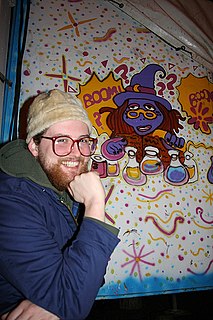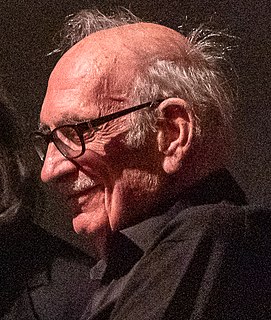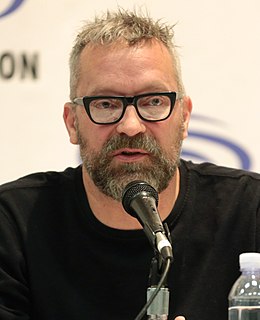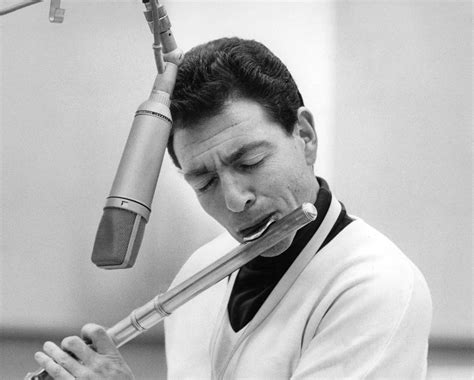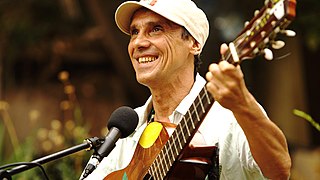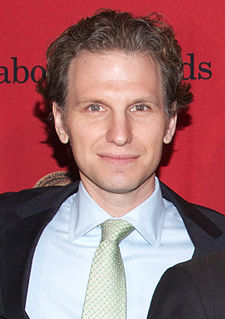A Quote by Joan Larkin
Spanish and English have such different music, and in my own poetry I feel much less drawn to fluid sounds than I do toward the hard sounds and rhythms that come out of the Anglo-Saxon roots of English.
Related Quotes
Some people think that English poetry begins with the Anglo-Saxons. I don't, because I can't accept that there is any continuity between the traditions of Anglo-Saxon poetry and those established in English poetry by the time of, say, Shakespeare. And anyway, Anglo-Saxon is a different language, which has to be learned.
To be blunt, I feel like lyricism in Spanish is of a different quality than English. You can get really poetic in Spanish, but I feel like if you do that in English, you risk sounding cheesy. In Spanish, it's never that. It's always this deep, passionate, beautiful imagery; it's painted different, a different color.
I have these guilts about never having read Chaucer but I was talked out of learning Early Anglo-Saxon / Middle English by a friend who had to take it for her Ph.D. They told her to write an essay in Early Anglo-Saxon on any-subject-of-her-own-choosing. “Which is all very well,” she said bitterly, “but the only essay subject you can find enough Early Anglo-Saxon words for is ‘How to Slaughter a Thousand Men in a Mead Hall’.
I think a lot of electronic musicians are drawn to starting with texture because the whole reason we're working with electronics is to try to create new sounds or sounds that cannot be created acoustically. When you're doing that, it's nice to be able to just create a different palette for every single song. I feel like a lot of electronic music sounds like...Each album sounds like a compilation more than it does a band.
The embrace of present and past time, in which English antiquarianism becomes a form of alchemy, engenders a strange timelessness. It is as if the little bird which flew through the Anglo-Saxon banqueting hall, in Bede's Historia Ecclesiastica Gentis Anglorum, gained the outer air and became the lark ascending in Vaughan Williams's orchestral setting. The unbroken chain is that of English music itself.
I think that if you are sticking to the text, essentially, you're not trying to write your own version of it. I mean, of course, it is your own version of it. And every translator would probably have a different version. But I think that that's what keeps the writers from being individual in English. They may be my English, but I don't think that Ferrante sounds like Levi.
You never know what little idea or joke, what flame flickering really quickly, will become a song. That first idea, it can come any time. If it's in Spanish, you go on in Spanish. If it's in French, French. If it's in English, English. Or Portuguese. I'll try to do my best. I like Italian, though I don't speak it much.
From my music training, I knew that, some Spanish rhythms apart, 5/4 is a time signature used only in the modern era. Holst's Mars from the Planets is 5/4. But if you speak lines of poetry in that pattern you just end up hitting the off-beats. It's only when you add a rest - a sixth beat - that it sounds as it surely should sound.




